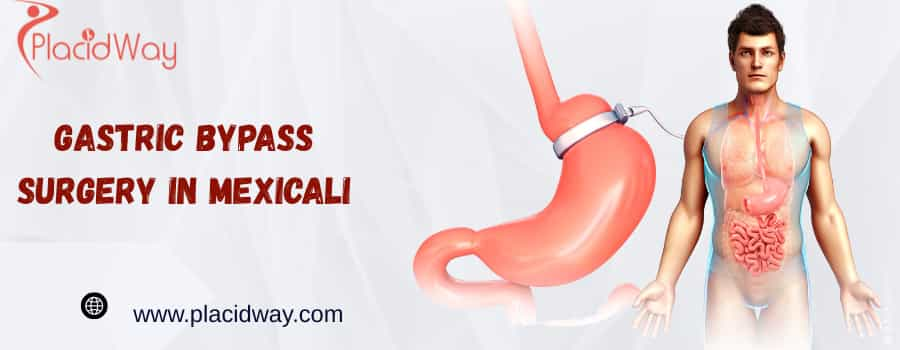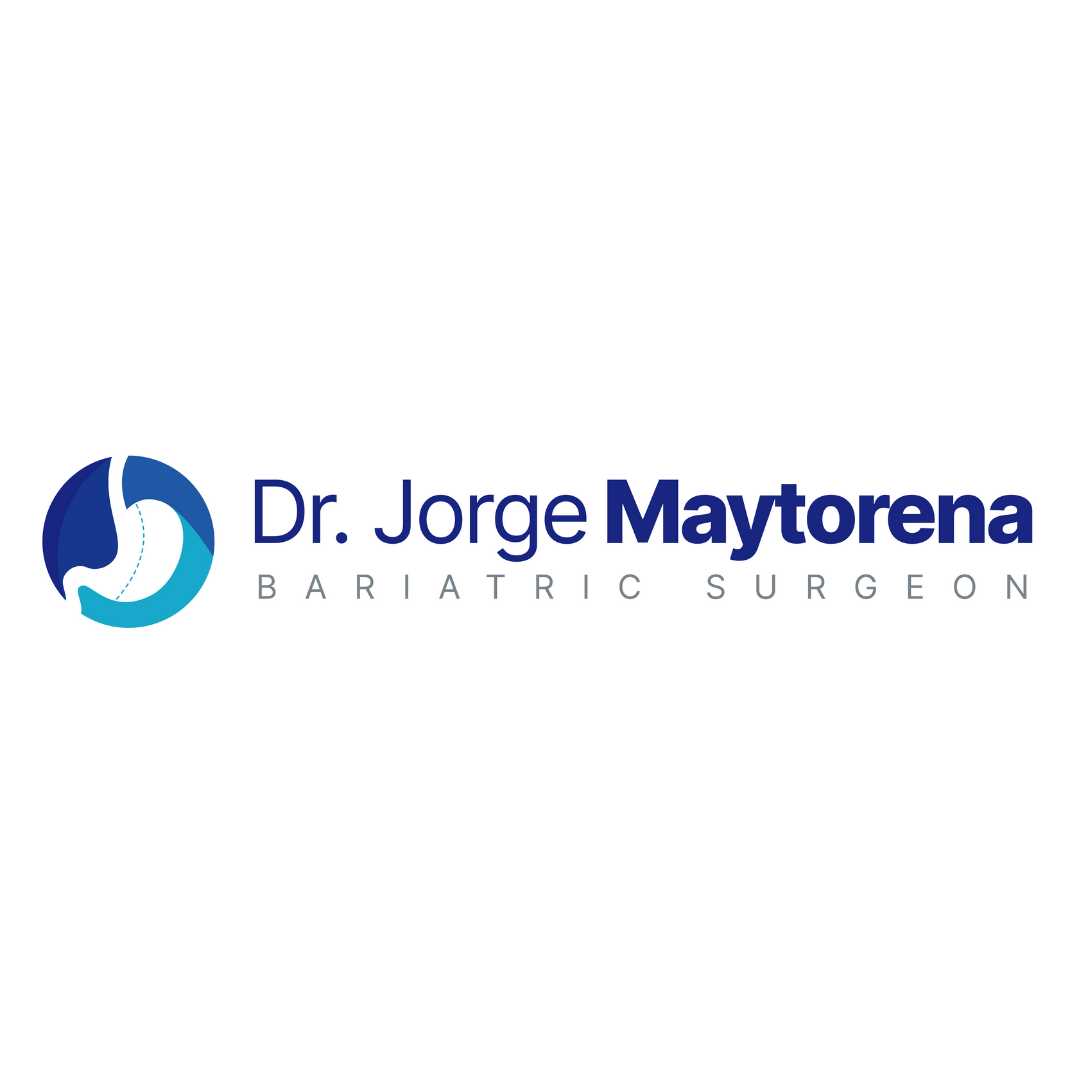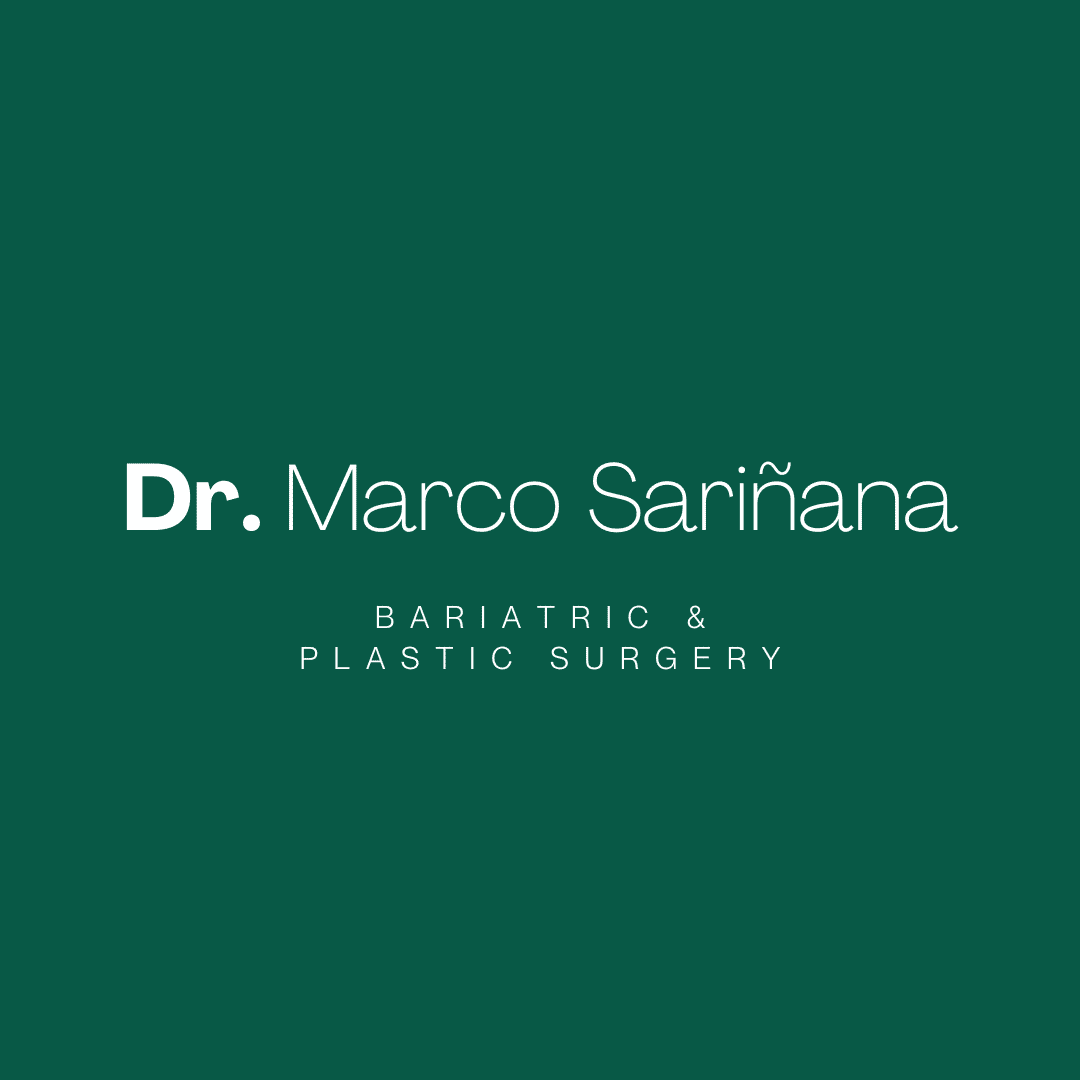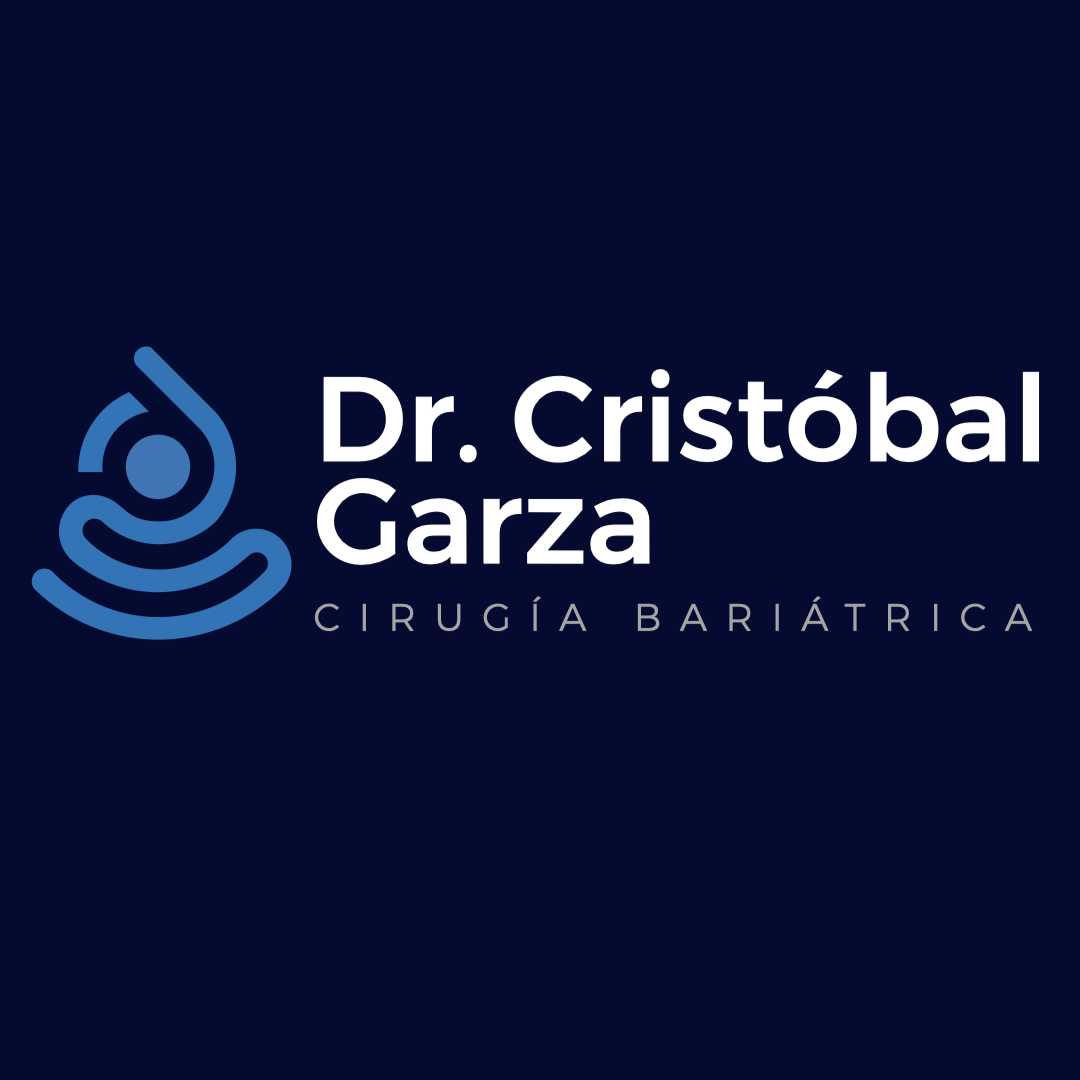Is Mexicali Safe for Gastric Bypass? What Every Patient Must Know
 Mexicali has emerged as a major hub for medical tourism, attracting thousands of hopeful patients with the promise of affordable, high-quality bariatric surgery. The city's proximity to the U.S. border and its significantly lower costs make it an appealing option. However, this appeal is met with a critical and life-altering question: Is Mexicali safe for gastric bypass surgery? The answer is nuanced. While it is possible to have a safe and successful surgical experience in Mexicali, it is not a given. Safety is contingent upon rigorous patient research, choosing a top-tier medical team, and being fully aware of the inherent risks. This guide will provide a clear-eyed view of the safety landscape, helping you understand how to mitigate risks and make an informed decision about your health.
Mexicali has emerged as a major hub for medical tourism, attracting thousands of hopeful patients with the promise of affordable, high-quality bariatric surgery. The city's proximity to the U.S. border and its significantly lower costs make it an appealing option. However, this appeal is met with a critical and life-altering question: Is Mexicali safe for gastric bypass surgery? The answer is nuanced. While it is possible to have a safe and successful surgical experience in Mexicali, it is not a given. Safety is contingent upon rigorous patient research, choosing a top-tier medical team, and being fully aware of the inherent risks. This guide will provide a clear-eyed view of the safety landscape, helping you understand how to mitigate risks and make an informed decision about your health.
The Big Picture: Is Gastric Bypass in Mexicali Medically Safe?
“Medically, gastric bypass surgery in Mexicali can be very safe, provided it is performed at an accredited hospital by a board-certified bariatric surgeon with a proven track record. The safety of the procedure itself depends almost entirely on the quality of the provider you choose.”
The best bariatric centers in Mexicali operate on a level comparable to U.S. facilities. They use the same advanced laparoscopic techniques, the same surgical materials, and are staffed by highly trained medical professionals. However, the quality can vary significantly between facilities.
The key to medical safety is due diligence. A lower price should never be the only factor in your decision. A safe outcome is the result of a combination of three critical pillars: surgeon qualifications, hospital accreditation, and comprehensive patient care before and after the procedure. Cutting corners on any of these can lead to serious, life-threatening complications.
What Are the Official Travel Advisories for Mexicali?
“As of June 2025, the U.S. Department of State recommends that citizens reconsider travel to the state of Baja California, where Mexicali is located, due to crime and kidnapping. There is a specific advisory to avoid the Mexicali Valley.”
This is a serious consideration that must be addressed head-on. The advisory notes that while most homicides are targeted, violent crime and gang activity are common, and bystanders can be at risk. U.S. citizens have been victims of kidnapping in the state. While most medical tourists complete their journeys without incident, this travel advisory underscores the need for extreme caution.
Reputable medical tourism companies and clinics mitigate this risk by providing secure, private transportation directly from the U.S. border to the hospital and hotel. Patients are typically advised to remain within this secure "medical bubble" and avoid traveling to other parts of the city. You should not plan to explore the area independently.
How Do I Verify a Surgeon's Qualifications in Mexico?
“You can verify a Mexican surgeon's credentials by checking their certification with the Consejo Mexicano de Cirugía General (CMCG) and their membership in specialized bariatric associations like the Colegio Mexicano de Cirugía para la Obesidad y Enfermedades Metabólicas (CMCOEM).”
Do not just take a clinic's website at face value. A truly qualified bariatric surgeon in Mexico will be board-certified. The CMCOEM is the leading professional organization for bariatric surgeons in the country, and membership indicates a high level of specialization and adherence to best practices.
Ask your potential surgeon for their professional license number (cédula profesional) and their certification details. Reputable surgeons will be transparent and provide this information willingly. Be wary of any provider who is hesitant to share their credentials.
What Hospital Accreditations Should I Look For?
“The gold standard for hospital safety is accreditation from the Joint Commission International (JCI). At a minimum, a hospital should be certified by Mexico’s federal health authority, COFEPRIS.”
Accreditation is a non-negotiable indicator of safety.
- JCI Accreditation: This is the international arm of the same body that accredits hospitals in the United States. It is the most prestigious and rigorous certification a hospital can obtain, signifying that its standards for patient care and safety are on par with the best hospitals in the world.
- COFEPRIS Certification: The Federal Commission for the Protection against Sanitary Risks (COFEPRIS) is Mexico’s equivalent of the FDA. All legitimate hospitals must be certified by COFEPRIS. While this is a mandatory local standard, JCI accreditation represents a higher, global standard.
A safe facility will also be a full-service hospital, not just a small surgical center. It must have a fully equipped intensive care unit (ICU) and emergency department to handle any potential complications.
How Much Does Gastric Bypass Cost in Mexicali?
“The cost of gastric bypass surgery in Mexicali typically ranges from $5,500 to $8,000. This is significantly less than in the United States, where the same procedure can cost between $15,000 and $25,000.”
The cost savings are the primary driver for medical tourism in Mexicali. This price difference is due to the lower cost of labor, overhead, and medical malpractice insurance in Mexico. It is not necessarily a reflection of lower quality materials or a lower standard of care, provided you have chosen a top-tier, accredited facility. The price often includes an all-inclusive package with the surgery, hospital stay, surgeon fees, and ground transportation.
What Does a Safe Bariatric Program Look Like?
“A safe bariatric program is comprehensive. It includes thorough pre-operative screening, a detailed surgical plan, and a structured, long-term post-operative care plan that includes nutritional guidance and follow-up consultations.”
Weight loss surgery is not a one-day event; it's a lifelong commitment. A safe provider will reflect this in their program.
- Pre-Operative Care: They will require a detailed medical history and may require pre-op tests (like bloodwork and an EKG) to be done before you travel to ensure you are a suitable candidate for surgery.
- Post-Operative Care: This is crucial. A reputable clinic will provide a clear plan for your diet progression, medications, and activity levels. They should also offer long-term follow-up, often through virtual consultations, and be willing to communicate with your primary care doctor back home.
What Happens if There Are Complications?
“If complications arise, your outcome depends heavily on the quality of your chosen facility. A full-service, accredited hospital will be equipped to manage complications, while a smaller, less-equipped clinic may not be.”
This is one of the biggest risks of medical tourism. Complications like leaks, infections, or blood clots can occur with any surgery. A top-tier hospital will have an ICU and specialists on hand to manage these emergencies. Furthermore, you must consider that your U.S. health insurance will likely not cover complications arising from elective surgery abroad, leaving you with potentially massive out-of-pocket costs for emergency care upon your return.
Navigating your path to weight loss surgery requires careful planning and a commitment to safety. PlacidWay can help you connect with accredited hospitals and board-certified bariatric surgeons. Explore your options and make an informed decision today.


.png)














Share this listing